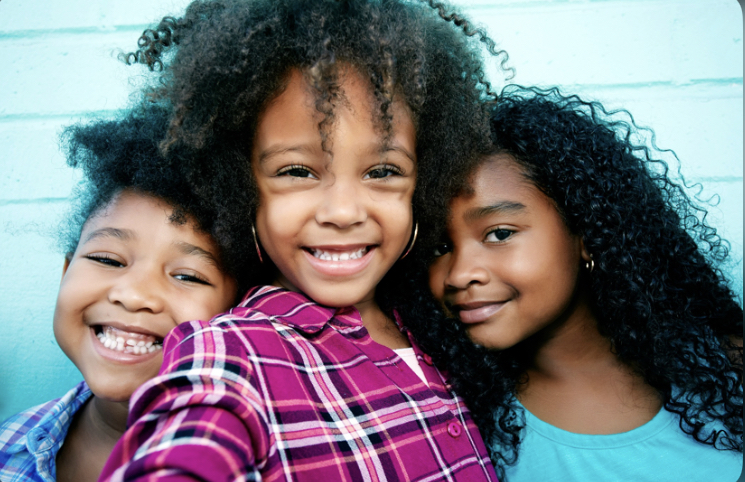
Siblings can provide long lasting family memories and produce bonds that will last through time, but can your birth order affect your personality?
Psychologists and psychiatrists have explored data that may lead toward a connection within our environment and personality. Some studies have confirmed the idea that your sibling position can affect your personality. Being the oldest, middle, youngest or only child will impact the way you carry yourself in society.
Other studies suggest that your birth order may not impact your personality.
The concept of birth order was started by an Australian psychoanalyst Alfred Adler, who was one of the first people to explore the phenomenon of sibling birth order. A psychologist must also consider internal and external factors when understanding a person, according to Adler.
Growing up in a family with different siblings can contribute toward your personality and outlook on life.
According to the Institute of Labor and Economics, “first borns were more likely to be leaders and have personality traits such as persistence and emotional stability.”
The majority of American presidents have been first-born children or first-born sons. Out of 46 presidents, 25 were first-born children.
Lindsay Nicole, a fourth-year psychology major at Florida A&M, thinks that being the oldest sibling comes with accountability.
“I am the oldest and I believe that my personality correlates with how I act because of my birth order,” Nicole said. “The responsibilities that I had being the oldest translates into my daily life and I feel responsible for my younger siblings.”
The “middle child syndrome” was coined by Alfred Adler and the Adlerian birth order theory. Middle children have been known to not receive attention, rebellious, and the forgotten one of the family.
Shayla Colton, a second-year psychology major, feels forgotten as a middle child.
“As the middle child, I do get attention, but I do not think I have my place like my other sisters,” Colton said. “I do not think it affects my personality as the middle child because I think I am the responsible one out of my sisters.”
The youngest gets the rep as the favorite, and studies suggest younger children may have the upper hand.
According to the Adachi Child Impact of Living Difficulty study, youngest children had the lowest rate of mental health challenges and scored higher on pro-social behaviors.
Studies have shown differences between the birth orders, but some studies suggest that there are no correlations between the two.
The Proceedings of the National Academy of Sciences reports, “Criticism brought to within-family studies of birth order and personality is that they may suffer from demand effects or social stereotypes that may inflate the correlations.”
At the end of the day there are many factors at play. The environment, culture and genes shape a personality. Birth order may affect the personality, but that does not determine how you behave.
Many people continue to study and use the birth order theory when discussing siblings, but research has been conflated and limited.